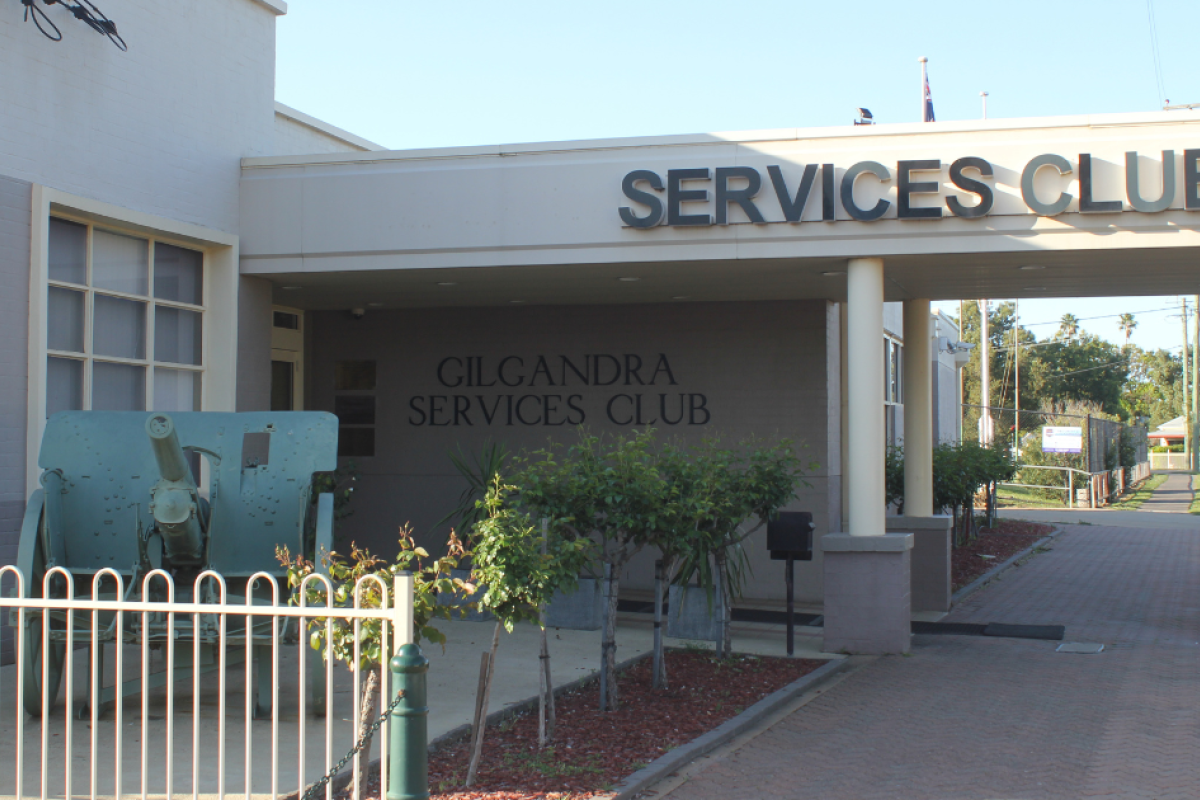Community & Business
30 September, 2024
5km club membership rule to be axed by state government
The rule that prevents people living within five kilometres of a club from signing in without first becoming a club member is being torn up as part of the state government’s ongoing crusade against pointless red tape strangling nightlife.

Under current legislation, residents living within five kilometres of their local club must sign up as a member and typically pay a membership fee, demonstrate membership of a similar club elsewhere, or attend as the guest of an existing member.
The rule has been responsible for countless head scratching moments and unexpected paperwork over the years for people just wanting to enter their local club or RSL for a meal or beverage. Removing the rule is expected to encourage more locals to enjoy their nearby clubs before choosing whether or not to become a member.
“Red tape that gets in the way of people in NSW enjoying themselves for no discernible benefit will continue to go into the shredder,” said minister for music and the night-time economy John Graham. “It has been an unwanted rite of passage for so many to be stuck in bureaucratic limbo over membership at the entry to a club when all you want to do is go inside for a drink and a meal.”
Consigning the kilometre rule to history is part of the next tranche of commonsense ‘vibrancy reforms’ to be introduced to parliament next month. This includes the removal of the outdated restrictions that prevented patrons from standing while drinking outside a licensed premises.
The first round of reforms will include:
• Permanently relaxed the rules for outdoor dining, allowing venues to make the most of their outdoor space;
• Ended single noise complaints from shutting down pubs and other licensed venues;
• Make it easier to activate streets for festivals and events (Open Streets Program) and a regulatory model that allows streamlined approvals for repeat events (Permit, Plug, Play);
• Expanded ‘Special Entertainment Precincts’ that empower local councils to change the rules around noise and opening hours in a designated area to support live entertainment and nightlife;
• Increased incentives for live music and live performance, with two hours extended trading and an 80 per cent reduction in liquor licence fees for licensed venues offering live music and performance; and
• Create easier pathways for extended trading hours for major events like the Olympics and world cups.
The current restrictions reduce the likelihood of people regularly attending their local club, or even trying it out for the first time - while those living beyond five kilometres can freely sign in as visitors.
Minister for gaming and racing David Harris said, “This proposed change will free people up to visit their local club without the obligation and cost to sign up as a member.
“Of course, clubs will still attract members like they always have, with the benefits of belonging to a club, but this change will mean locals can visit and enjoy a meal, a drink and maybe a gig, without having to join. Our reforms are about streamlining processes so businesses can focus on delivering a great experience for their patrons, while giving people greater access to venues in their local community.”
Clubs will still be able to attract new members with member-only incentives and access to their many other facilities such as gyms and swimming pools.


